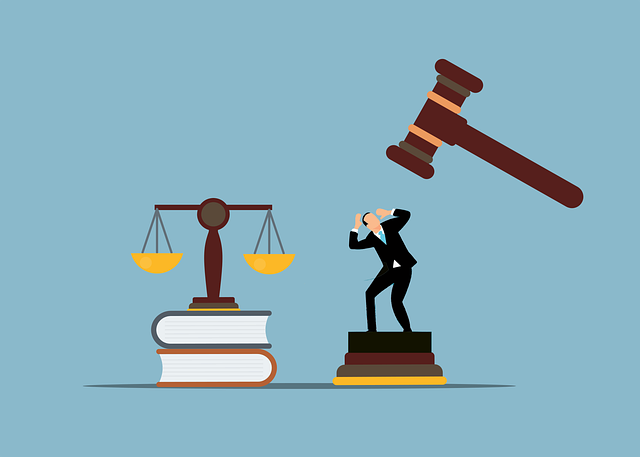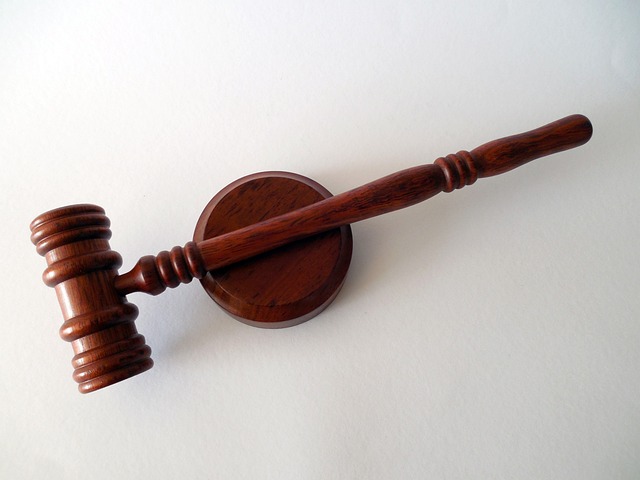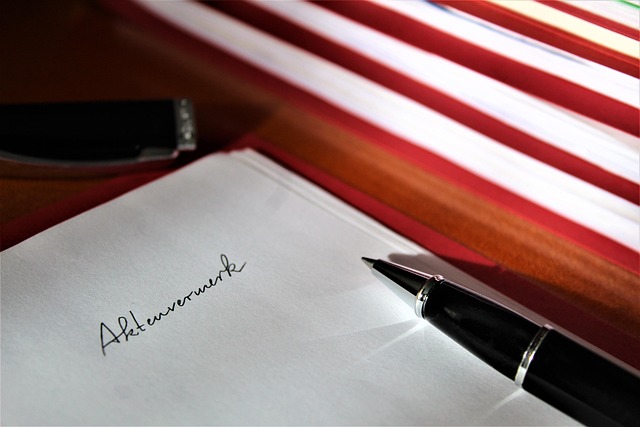Successful personal injury claims involving traumatic brain injuries (TBI) heavily rely on robust medical documentation and strategic evidence collection by a qualified TBI attorney. Key evidence includes comprehensive medical records, eyewitness accounts, expert testimony, pre-incident condition documentation, diagnosis details, specialist confirmations, property damage proof, breach-related evidence in contract disputes, physical evidence, photos, videos, police reports, and insurance claims. Effective use of these diverse evidence types is critical for securing fair compensation and navigating the complexities of TBI legal proceedings.
“Uncovering compelling evidence is pivotal for TBI attorneys aiming to secure substantial settlements for their clients. Traumatic Brain Injuries (TBI) are complex, requiring robust documentation to demonstrate their impact. This article explores the essential elements of proof a TBI attorney needs to construct strong claims. From medical records detailing symptoms to expert testimony explaining long-term effects, understanding these key pieces of evidence is crucial for navigating successful legal strategies.”
- Understanding the Importance of Evidence in TBI Claims
- Key Types of Evidence a TBI Attorney Seeks
- Gathering and Presenting Compelling Evidence for Success
Understanding the Importance of Evidence in TBI Claims

In personal injury claims involving traumatic brain injuries (TBI), evidence plays a pivotal role in shaping the outcome. A TBI attorney needs comprehensive and compelling proof to build a strong case, ensuring their client receives the compensation they deserve. Every detail matters; from medical records detailing the extent of the injury and its impact on daily life, to eyewitness accounts of the incident, these pieces of evidence work together to present a clear picture of the harm caused.
Without solid evidence, TBI claims risk being weakened or even dismissed. This is particularly crucial in contrast to other types of personal injury claims, like contract disputes, where arguments may center around contractual terms. In car accident injuries, for instance, physical and emotional trauma from TBIs can be subjective, making medical documentation all the more critical to substantiate a claim and differentiate it from less severe personal injury cases.
Key Types of Evidence a TBI Attorney Seeks

When building a strong case for a TBI attorney, the types of evidence sought are critical to ensuring compensation for clients suffering from traumatic brain injuries (TBI). Key pieces of evidence include medical records detailing diagnosis and treatment, expert testimony from neurologists or other specialists confirming the extent of the injury, and evidence of lost wages due to incapacitation. These provide a clear picture of the client’s condition before and after the incident, highlighting the serious injuries incurred.
Furthermore, TBI attorneys often require evidence of property damage claims if such damages are a result of the accident. This could include photographs, insurance reports, or repair estimates. In cases involving contract disputes, where a TBI is sustained while performing contractual obligations, a TBI attorney may need to gather evidence related to breach of contract and the resulting financial impact on the client. These varied forms of evidence are instrumental in securing just compensation for clients navigating the complexities of TBI cases.
Gathering and Presenting Compelling Evidence for Success

For a TBI attorney to build a strong case, gathering and presenting compelling evidence is paramount. This includes medical records detailing the extent and progression of brain injuries, eyewitness accounts of the incident, and expert testimony from neurologists or other relevant specialists. In cases involving car accident injuries, nursing home neglect, or fiduciary duty breaches, it’s crucial to collect physical evidence, photos, and videos that corroborate the client’s story.
Additionally, any documentation highlighting the defendant’s negligence or lack of care—such as police reports, insurance claims, or communications between healthcare providers—can significantly strengthen the claim. Presenting this robust evidence in a clear and persuasive manner is essential for securing favorable outcomes, ensuring the TBI attorney can effectively narrate the client’s journey and the impact of their injuries.
When building a strong case for a traumatic brain injury (TBI) claim, the evidence collected by a TBI attorney is paramount. By understanding the key types of evidence—medical records, expert opinions, and witness statements—attorneys can effectively navigate the complexities of TBI cases. Compelling evidence not only supports the client’s injuries and damages but also ensures just compensation for their suffering. A TBI attorney’s ability to gather and present this evidence is crucial in achieving favorable outcomes for their clients.






